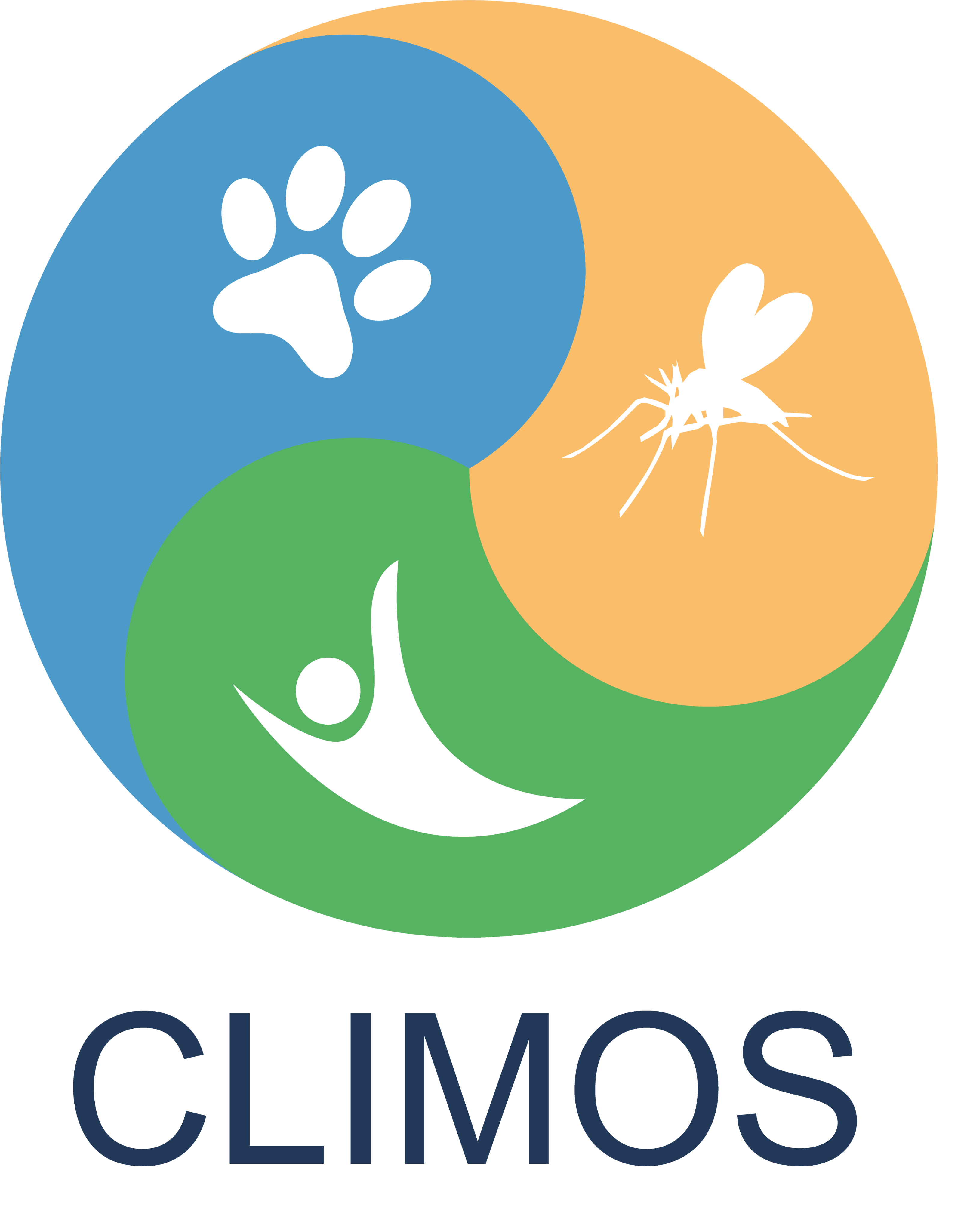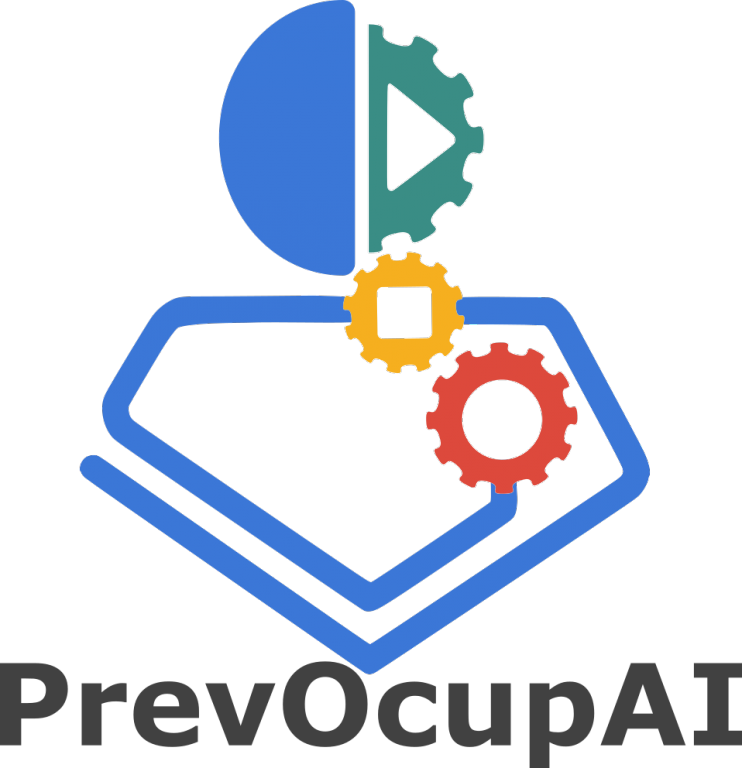-
-
Project Name
COTIDIANA
-
Leading Institution
Associação Fraunhofer Portugal Research
-
Funding
Active Assisted Living Programme (AAL-2020-7-146-CP) (€ 1 920 383,00)
-
Team
The COTIDIANA project is being pursued by a consortium of five institutions, covering expertise in technological development, rheumatology, User-Centred and Participatory Design, and business. The project partners are: Comprehensive Health Research Centre (Fraunhofer Portugal AICOS (coordinator) and NOVA Medical School); Mag. Andreas Raffeiner GmbH; Medizinische Universität Wien and Pryv SA.
Mobile Patient-centered System to Improve Drug Trials and Care of Older-adults with Rheumatic Diseases

The COTIDIANA solution will enable holistic and efficient patient monitoring for clinical care, clinical research, and drug trials. It includes a mobile app, for patients, and a web app, for clinicians engaging in clinical care or clinical researchers working on drug trials.
Main Goals
The primary goal of the COTIDIANA project is to develop an innovative mobile solution to enhance clinical care and support drug trials for older adults with rheumatic conditions. Utilizing a smartphone in ambulatory settings, patients will report their experiences, symptoms, and quality of life. By leveraging the smartphone’s built-in sensors and logs, the project will objectively track key digital endpoints, focusing on hand dexterity (as an indicator for function or disease activity), gait and physical activity (as an indicator for mobility, fatigue and pain), and sociability patterns (as an indicator of mental health and wellbeing).
Topics
The COTIDIANA project was co-designed with end-users and stakeholders. It began with ethnographic and participatory research involving patients, clinicians, and a broad group of stakeholders, including clinical researchers, people from Pharma, and Clinical Research Organizations. Laboratory data collection with patients was also conducted to train passive sensing algorithms and craft digital endpoints. Additionally, a mobile app for patients and a web app for clinicians and clinical researchers were developed during the project. The solution is currently being evaluated in two field trials: one focused on technological feasibility in Lisbon and the other on clinical care and research in Vienna.
Find out more
Visit the COTIDIANA Project Website for detailed information.
-
-
-
Project Name
CLIMOS
-
Leading Institution
Institute of Hygiene and Tropical Medicine at NOVA University of Lisbon (IHMT NOVA)
-
Funding
HORIZON-HLTH-2021-ENVHLTH-02-03 - Health impacts of climate change, costs and benefits of action and inaction (€ 9 038 530,50)
-
Team
Coordinator: Carla Maia
Relevant Investigators: Ricardo Parreira, José Manuel Cristóvão.
Climate Monitoring and Decision Support Framework for Sand Fly-borne Diseases Detection and Mitigation

CLIMOS (Climate Monitoring and Decision Support Framework for Sand Fly-borne Diseases Detection and Mitigation with Cost-benefit and Climate-policy Measures), focuses on an important vector-borne diseases transmission system susceptible to climate and environmental changes. CLIMOS is targeting medical, veterinary, public and occupational health professionals, surveillance organizations, citizens, and all stakeholders that are responsible for monitoring and managing transmission and treatment, or those whose health is impacted or endangered by SFBDs.
Main Goals
- Provide a better understanding of climate and environmental drivers of sand fly vector populations and the sand fly-borne diseases (SFBDs) across Europe, to reduce model uncertainties for better prognosis of their current and potential spread, and to relate these to socioeconomics and provide risk assessments for a diversity of stakeholders.
- Deliver public access interactive mapping and information services and associated tangible recommendations for public and animal health, to enable and encourage public (social, environmental, and financial) preparedness.
- Minimise the risk of exposure to SFBDs in Europe, expansion to and from currently non- endemic regions and neighbouring countries, to protect the health and well-being of its citizens from climate and environment-related risks and impacts.
Topics
Climate Change, Early Warning Systems, Vector-borne diseases
Find out more
Visit the CLIMOS Project Website for detailed information.
-
-
-
Project Name
PrevOcupAI
-
Leading Institution
Associação para a Inovação e Desenvolvimento da FCT (NOVA.ID.FCT)
-
Participating Institutions
NOVA University of Lisbon
-
Funding
FCT DSAIPA/AI/0105/2019 (€ 234 864)
-
Team
Principal Investigators:
Hugo Filipe Silveira Gamboa, NOVA School of Science and Technology
Helena Canhão, NOVA Medical School
Prevention of Occupational Disorders in Public Administration based on Artificial Intelligence

This project aims to identify occupational risk, by combining the power of historical records of the global population and the precision data of personalized occupational exposure records. The combination will be achieved through advanced machine learning and AI techniques. The project will be carried out by an interdisciplinary team of experts in biomedical data acquisition, advanced data processing, AI algorithms, epidemiology and clinical validation. The work of this consortium is perfectly aligned with the goals of DGS, regarding their objectives for the national plan of occupational health. It will explore the large datasets from the latter governmental agency and will contribute to drafting better decision making tasks and public policies definition.
Work-related disorders (WRD) have a major impact on the well being of individuals and their quality of life, productivity and absenteeism, resulting in a great impact on the global economy. The absence of recent or relevant national statistics concerning WRD, leads to a lack of drive to promote studies that characterize the working population, in terms of work-related morbidity and mortality and scientifically supported policies and strategies for occupational health (OH) improvement. This is particularly poignant when addressing the issue in Public Administration (PA). Hence, those diseases are underrepresented on public debates and global population awareness. In spite of the reported work on clinical occupational history, and studies evaluating the occupational exposure to hazards, based on the analysis of biosignals of repetitive activities, there are no studies that combines the historical OH and data from daily working activity, with biosignals.
The project “Prevention of occupational disorders on PA based on Artificial Intelligence” will answer to the aforementioned question, by contributing to:
- the identification and characterization of profiles related with potential WRD, of the Portuguese population and their relationship with professional categories and risk situations at work.
- forecast the progress of occupational disorders and the associated risk factors, to evaluate the socio-economic impact in morbidity and mortality, with emphasis to the reduced life expectancies caused by disorders and incapacity.
- the characterization of daily activities, while profiling a sector of workers of PA.
- the identification of clusters of working activities prone to measure the exposure to risk factors.
- the definition of national indicators to help monitor and give alerts for occupational risk at PA.
Three computational models, based on artificial intelligence (AI) techniques, will be developed:
- global characterization of occupational disorder profiles;
- design of daily working activities profiles of an individual; and
- integration of the information resulting from both previous models, enabling to infer the level of occupational risk of a worker based on his/her occupational history and the data from daily monitorization.
This project aims to identify occupational risk, by combining the power of historical records of the global population and the precision data of personalized occupational exposure records. The combination will be achieved through advanced machine learning and AI techniques.
Find out more
Visit the PrevOcupAI Project Website for detailed information.
-